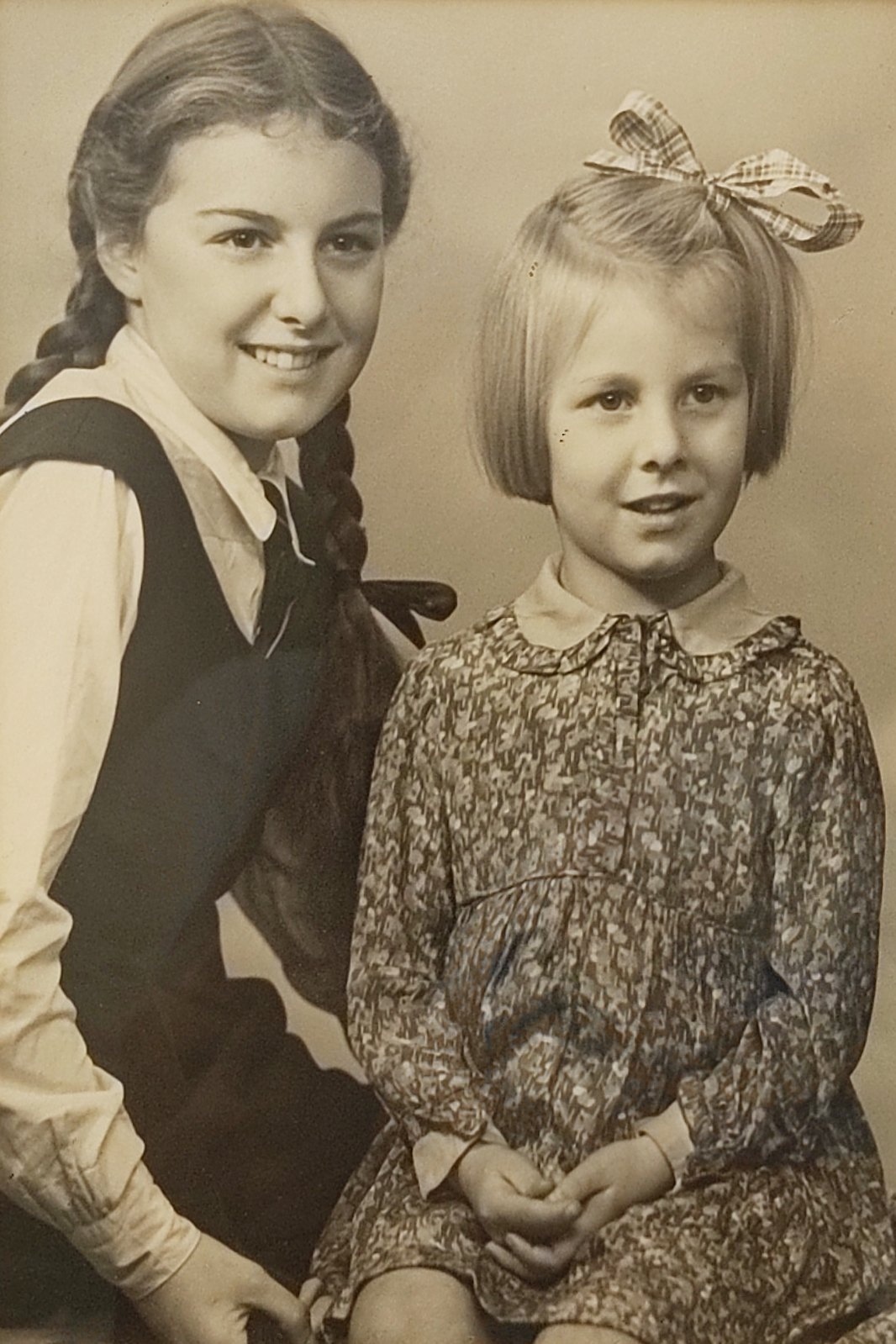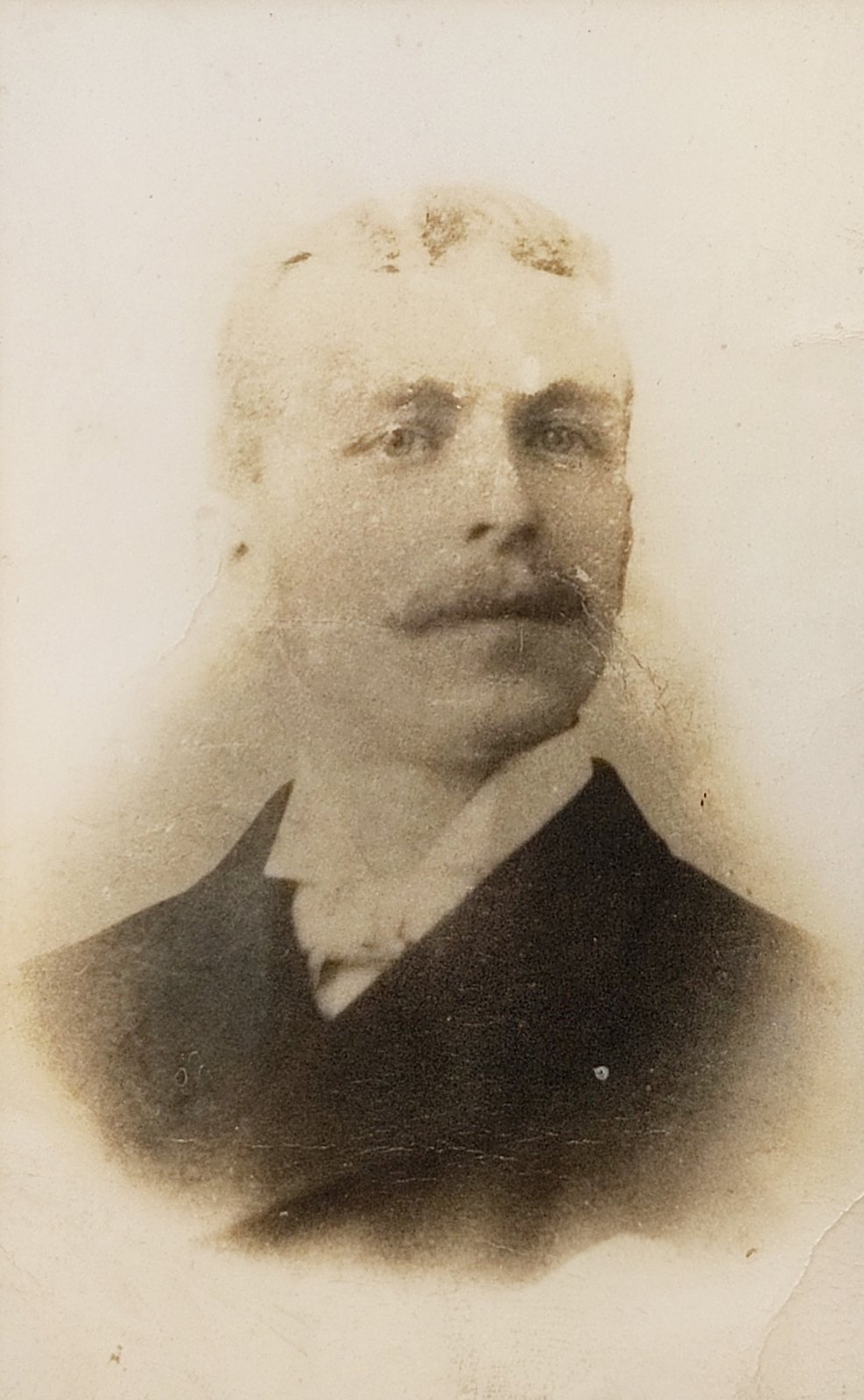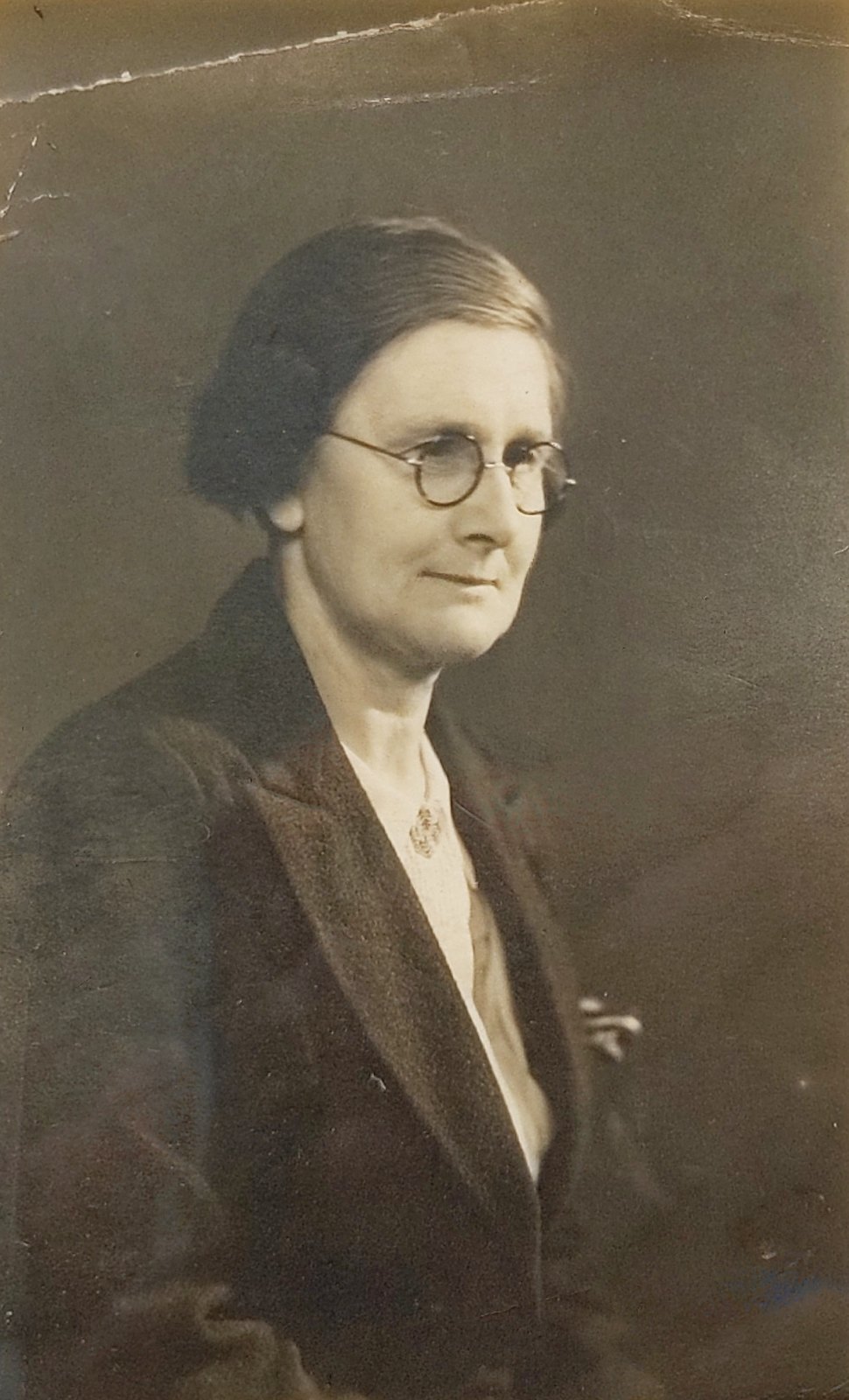You have probably come here from https://tinyurl.com/williamsbees, which is what I put on my "honey for sale" sign on The Footpath, Coton. This page provides information about my distinctly amateur and amateurish beekeeping.
This page begin on 2021/06/27: I intended to fill it in, but it is now obsoleted by the 2022 version. Comments are welcome. A picture: my apiary in 2020.
My apiary
"Apiary" is a somewhat grand name for the patch at the end of the garden wherein my two hives reside. And here you see them. Both are UK "national" pattern, like most UK hives. To the right is "coppertop", which got a new (copper) roof about two years ago. To the left is "old faithful" which is sort-of my original hive, though bits get swapped. In the left foregound are some removed frames; behind that, the smoker sits on top of a very old flat-roof which I don't use, except for putting the smoker on. In 2004 I had four hives; that was too many for me.
The garden backs onto a small overgrown stream (see here for pix) and beyond are little-used fields. To the right is a neighbours garden, but they don't go into the end (not because of my bees, I hasten to add). To the left is a "community" patch of grass that also sees few visitors. The apiary is surrounded by trees but it is a good spot: sunny enough, but also protected from the winter wind.
Extracting honey
After the frames are removed from the hive and de-capped (DESCRIBE THIS) they are then put in the extractor and spun. I have a 1/3 share in a stainless steel "tangential" extractor (which means the frames are placed tangential to the circumference, which means they need to be spun gently, rotated, spun again, rotated, and spun again; which is why the pros prefer radial extractors. Pic showing the inside). Spun off honey then collects in the base of the extractor and can then be tapped off, filtered (in this case via the conical stainless steel filter shown here) to remove bits of wax and undesireable bits of bees, and collected. It is then fit to be bottled.
Lot markings
I mark my honey jars with a "lot marking", as the law requires. These allow traceability. They are generally of the form <year><symbols>. For example:
* 2021f - the year 2021, "f" for "first" - the spring recollte, and the first of that: honey only strained, not heated.
* 2021H - the year 2021, and "H" since the honey has been heated to allow the wax present to melt, so that the honey can be strained off.
Heating, Granulation and so on
Honey will naturally set, eventually. Spring honey, which often has a lot of rape in it, often sets early. Shop-bought honey that has been professionally processed will have been carefully heated, strained and perhaps pre-seeded to ensure the desired degree of granulation. Mine does not get such exact treatment.
If the honey has set, and you don't want it that way, it can be heated. Don't overheat it. Probably the easiest way is to put it into the microwave "for a bit" but do be careful.
Some blog posts about individual years
* Bad beekeeping 2020 May: swarm collection, honey extraction and Autumn.
* A photographic essay: July 2016
* Spring 2015: swarm collection.
* Some notes from summer 2010.
* Queen in the supers, 2009.
* Fluid dynamics: honey spirals, 2005.












